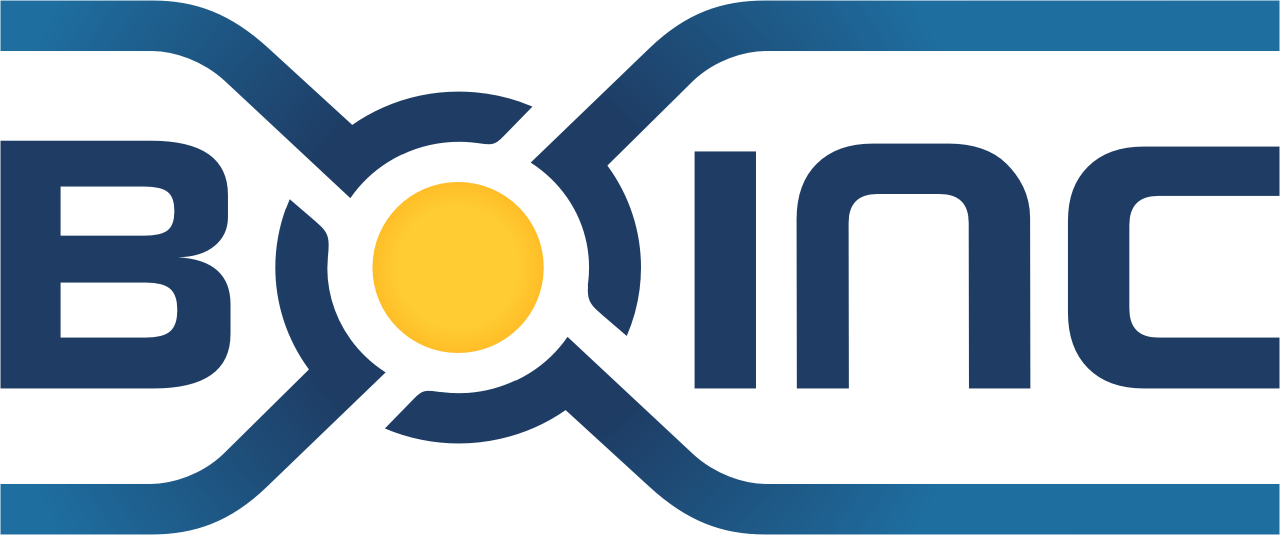How your Smartphone can help cure disease
July 25, 2013

You may have read some years ago about a project that was able to utilise the spare computing power on your desktop or laptop computer to search for life amongst the stars. Well, with the number of number mobiles devices in the world now surpassing traditional PCs the emphasis has switched to being able to utilise the surplus computing power from the millions of these devices across the globe.
The dawn of volunteer computing
IBM’s World Community Grid (helping to develop new AIDS treatments) and the Einstein@Home project (searching the cosmos for new stars) recently announced the launch of “volunteer computing”. This enables scientists to utilise a pool of donated processing power from Android based Smartphones to carry out their simulations and data analysis.
“Volunteer computing” enables individuals and organisations to contribute toward scientific progress and provides researchers with what are essentially very powerful, globally distributed supercomputers.
Get going with a BOINC
Is it reckoned that there are nearly 900 million Android devices in use across the world and as a result their combined computing power is bigger than that of the largest supercomputer. Using the Berkeley Open Infrastructure for Network Computing (BOINC), owners of Smartphones that are running Android V2.3 or higher can download the BOINC app from the Google play site to participate. Then you just choose the projects you want to help out.
The app only runs when the Smartphone is being charged, the battery life is greater than 90% or you are on WiFi. So, you don’t need to worry about having your monthly data allowance swallowed up by BOINC or your battery needing charging every 10 minutes. These are default settings and you can customise them further if you require.
So, if you own a Smartphone running Android and want to help find a cure for AIDS or life in another galaxy, go the Google Play store and download BOINC now from here